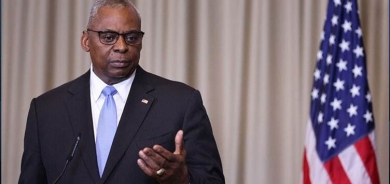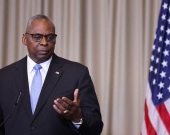UN documentation for Iraq's population is needed to increase Hajj pilgrims

Committee spokesman Najem al-Saadi said the delegation of the committee headed by Sheikh Muhammed Taqi al-Mawla met with the Saudi Ministry of Hajj. The meeting included Iraq's demand about Saudi granting 6,000 extra pilgrim places. The Saudi side promised to study the issue and make a decision later.
Saudi Arabia has allowed 33,250 Iraqis to perform the Hajj this year according to the proportion of the population, but Iraq wants Saudi to increase the rate.
Saadi said: "Iraq demanded to increase its share of pilgrims based on population growth despite the absence of a population census since 1997. Saudi requested a documented book from the United Nations showing the number of Iraq's population."
Saadi added that the meeting between Iraq and Saudi resulted in an agreement to increase the number of flights to three per day from Prince Mohammad Bin Abdul Aziz airport and to one or two flights per day from Jeddah airport.
The two sides also agreed to rent 100 tents for the elderly near the site of stoning to enable them to perform the Hajj easily. Houses will be rented in Medina, near the Prophet's Mosque, and different areas of Mecca.
Agreements were signed with global companies to provide meals for pilgrims.
The Hajj, one of the main five pillars of Islam, is a duty of all Muslims who are physically and financially able to perform it once in their lives.
Iraq-Saudi relations stalled throughout the period following the 2003 US-led invasion, similar to what happened after the Second Gulf War in 1990. Relations prospered however during the 1980-1988 Iran-Iraq war when Saudi was one of the most influential supporters of Iraq in its war against the Shiite-ruled Iran.
Riyadh did not provide any official explanation for its lack of diplomatic representation in Baghdad, despite the fact that a significant part of American forces that entered Iraq and toppled the former regime in 2003 came through Saudi-Iraq border areas in the west and south.
AKnews














